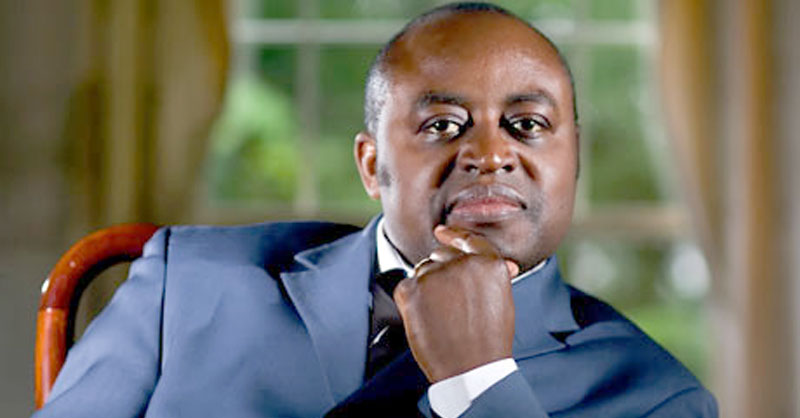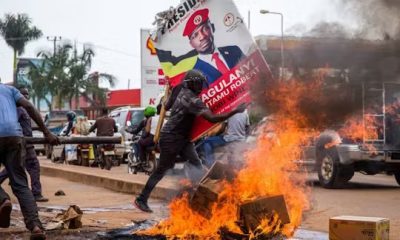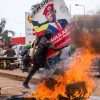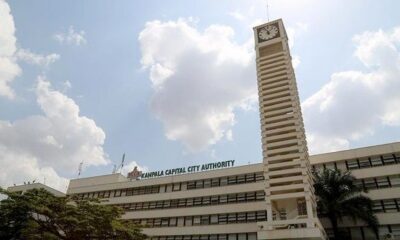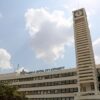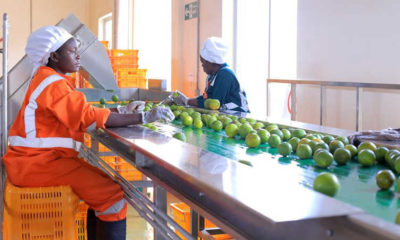Editorial
Let’s not worsen Kasese’s tribal conflicts
One and half weeks ago,
Omusinga Charles Wesley Mumbere and scores of his subjects arrested, and Uganda brought into disrepute, as a result.
Various media reports have gone forth in all the media. One such story which was carried by a local paper recently established, carried an inflammatory cover story
about the UPDF officer, Brig. Peter Elwelu, who commanded the operation in the Omusinga’s palace. Rather than say that this was a national issue, it referred to: “How an Etesot extinguished Kasese Disturbance”.
This kind of reference can be made to appear as a tribal animosity between Iteso and the Bakonzo.
It also referred to the 1966 Buganda Crisis as Col. Idi Amin (a Kakwa), storming the Kabaka’s palace. Rather, the matter should be addressed soberly as to what the
underlying challenges that brought about the crisis are; and how to solve them and avoid any future conflagrations there, or anywhere else.
Since the February 2016 general elections, Kasese has festered because of a probable number of reasons. One is that; it voted overwhelmingly in favour of the opposition FDC party. Quite obviously, the ruling NRM party politicians have had a dim view of this. In order to feather their nests, they have reportedly been
interested in dividing Kasese into a number of districts (constituencies), in a possible setting up of favourable sections of the voters. It is understood that Mumbere
was opposed to this, even though the government has dismissed this as ground for the manner in which it acted in Kasese.
Two: from this it has been alleged that, in reaction, Mumbere thought of setting a breakaway Yiira Republic. Quite obviously, the President and the armed forces would not be expected to ignore this factor.
Three: arising from these mothballing matters, Mumbere is believed to have occasioned the training and arming of his guards to, among other things, prepare for the establishment and defense of the said republic. Thus, the reported confrontation between the guards and Uganda security forces, which led to the bloody impasse.
Four: a number of these cases have fed into other different sides of the festering issues in Kasese. There are the Bakonzo-Bamba-Batooro differences. In all the above-enumerated situations, it has led to mini-bloody disagreements where sections of people have fought and killed each other.
Five: a result is that numerous arrests have been made; and accusations preferred on some of the instances of that criminality, to the level that we now talk of “terrorism” and “treason”; very loaded words that leads to death sentences according to our Constitution.
If these are some of the genesis of the Rwenzururu Question, a calm situation of normalcy, should quickly be restored, and those with a balanced view of the concerns, must sit down, peacefully divulge all the issues reasonably, then transparently come into an acceptable conclusions for all involved. Otherwise, we are having a repeat of the 1966 Buganda Crisis, in which sections of the people of Uganda have never forgiven another section of other people of Uganda.
Comments



